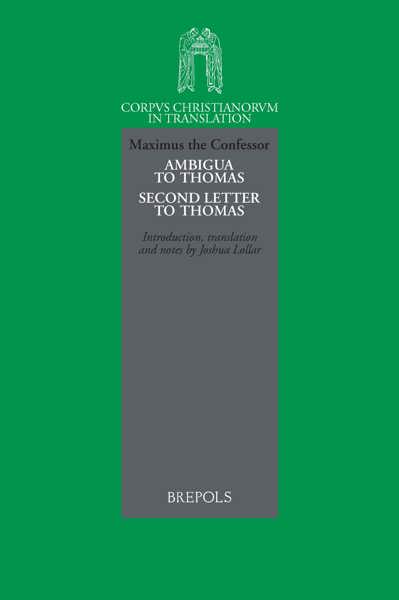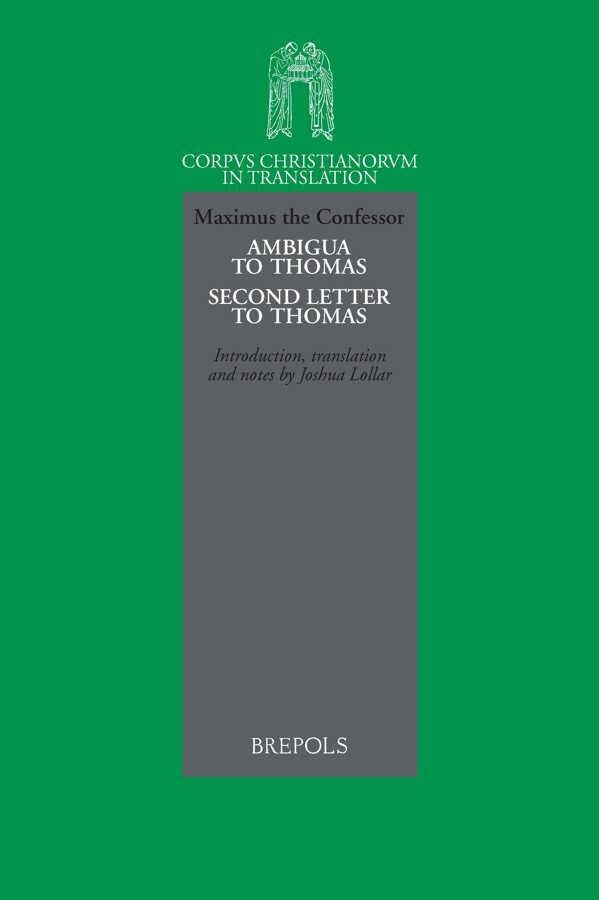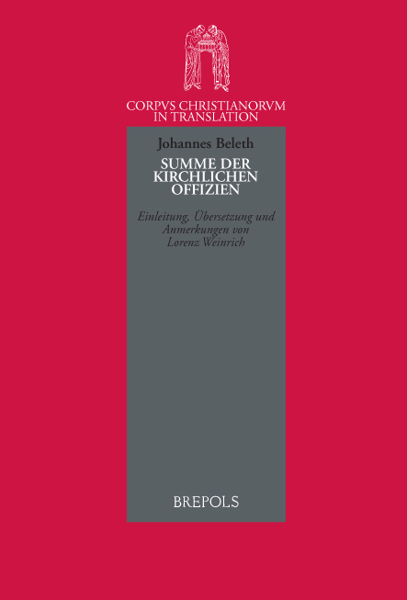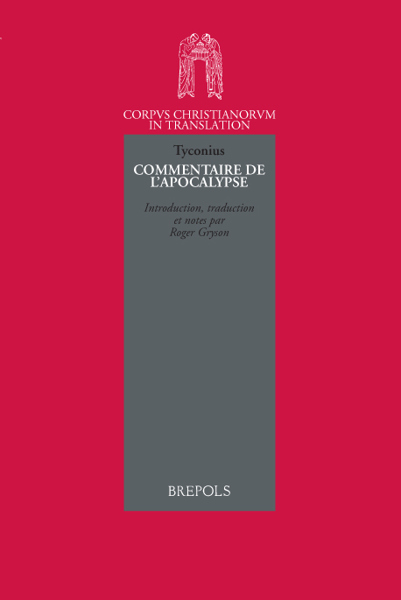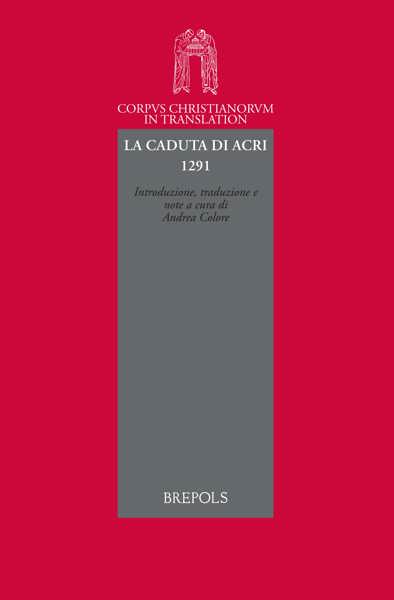
- Pages: 144 p.
- Size:156 x 234 mm
- Language(s):English
- Publication Year:2010
- € 40,00 EXCL. VAT RETAIL PRICE
- ISBN: 978-2-503-53154-0
- Paperback
- Available
- € 40,00 EXCL. VAT RETAIL PRICE
- ISBN: 978-2-503-56313-8
- E-book
- Available
A collection of chapters devoted to the exposition of selected passages from Gregory Nazianzen and Ps. Denys the Areopagite by the great early Byzantine monastic theologian and philosopher Maximus the Confessor (580 – 662)
"For bringing to us the metaphysical vision of Maximus the Confessor about the Incarnation of Christ in a scholarly, rigorous and yet accessible form, Janssens and Lollar are owed our hearty thanks. Lollar in particular has much more to offer Maximus scholars as he presses on to translate the lengthy Ambigua to John." (Adam G. Cooper, in: Revue d'histoire ecclésiastique, 108/1, 2013, p. 45-64).
Joshua Lollar is currently conducting research at the Theology Department of the University of Notre Dame (USA).
Maximus the Confessor, a monk and theologian of the seventh century, was a transmitter and creative interpreter of the dogmatic and ascetical traditions of the Greek-speaking Church, and an innovative mind in his own right. An important figure on the theological landscape of his day, he became deeply involved in the post-Chalcedonian Christological controversies concerning the natures, activities (energies), and wills in Christ, eventually suffering at the hands of the imperial authorities for his rejection of certain imperial dogmatic decrees. These decrees in his view denied the principle of the salvation of the cosmos: the perfect communion of divinity and humanity - as preserved in their own proper natures - in the one Christ. He died in exile on the Black Sea coast, soon after his trial in Constantinople, in 662.
The Ambigua to Thomas are a collection of chapters devoted to the exposition of passages from Gregory Nazianzen and Ps. Denys the Areopagite. Maximus uses the texts as a means of expounding the meaning of the perfect union of divinity and humanity in the one Christ, arriving ultimately at an interpretation of the phrase from Denys, which affirmed that Christ "conducted his life among us according to a certain new theandric activity."
The source text of this volume appeared in Corpus Christianorum Series Graeca as Ambigua ad Thomam una cum epistula secunda ad eundem (CC SG, 48). References to the corresponding pages of the Corpus Christianorum edition are provided in the margins of this translation.
